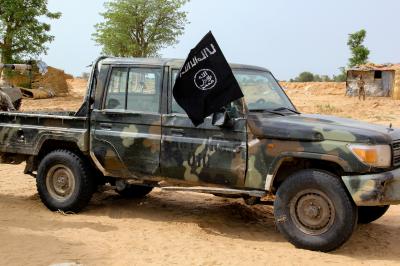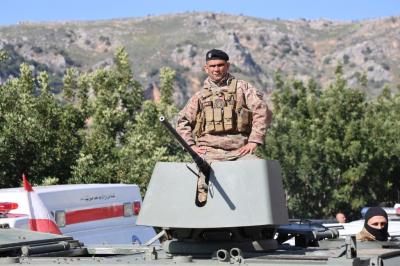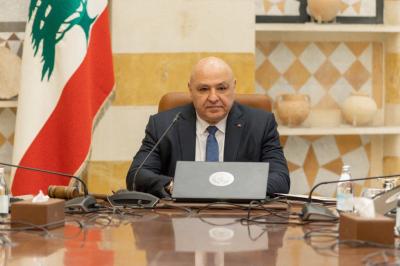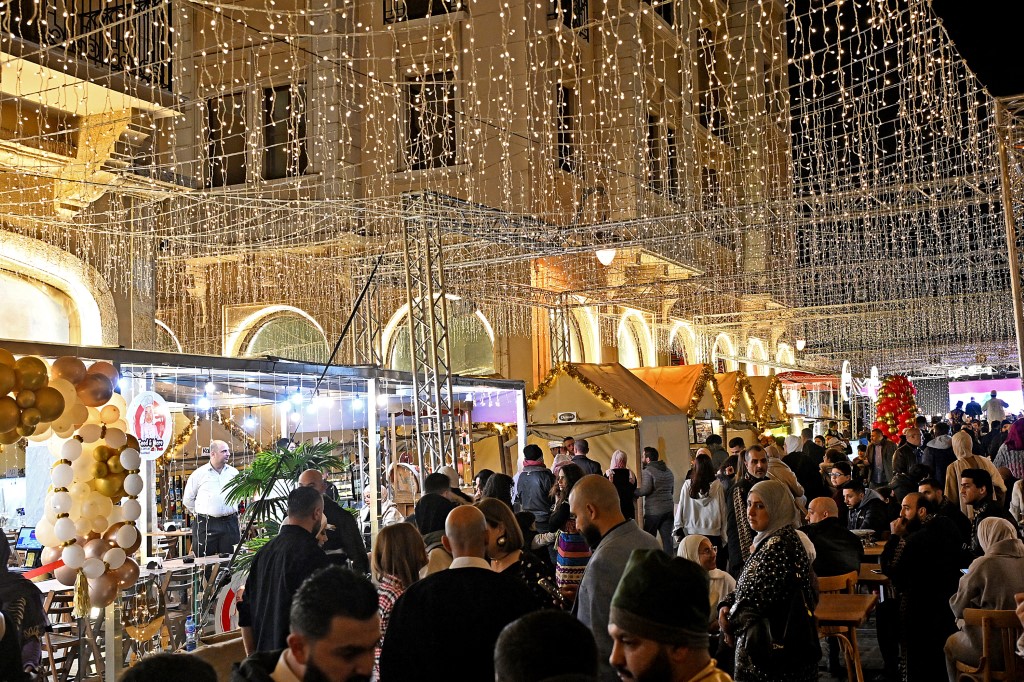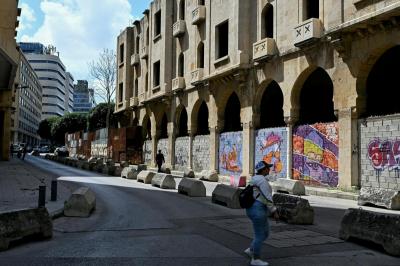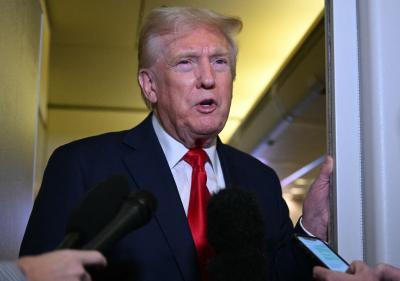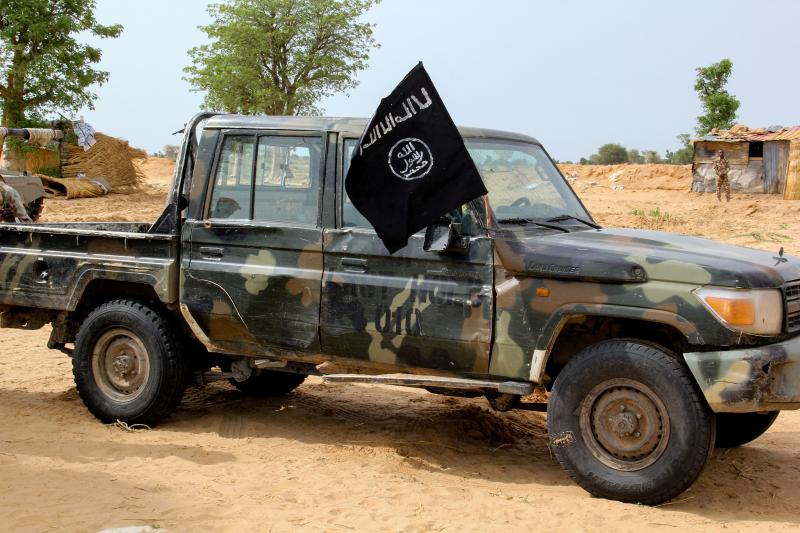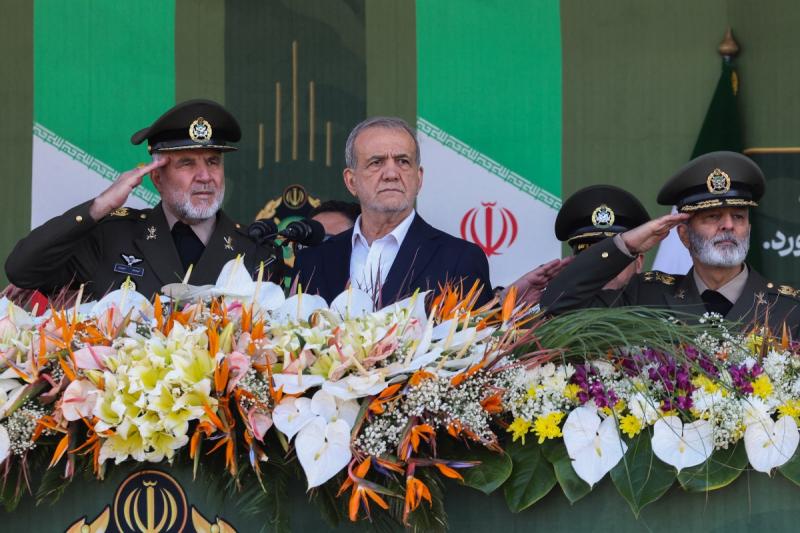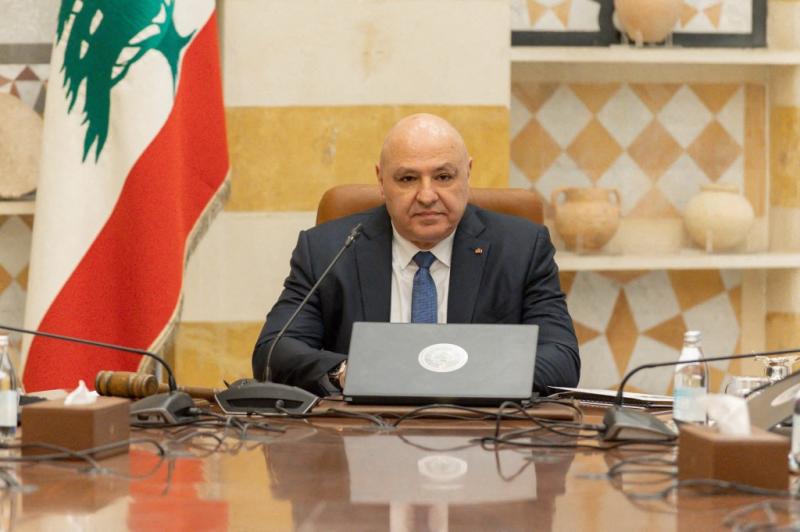Eid al-Fitr unfolded in muted tones, overshadowed by mounting challenges, casting a shadow over an already burdened Lebanese population. Harsh living conditions, a fragile ceasefire barely holding on the southern front, and the lingering threat of Israeli attacks dimmed the holiday spirit and stripped the economy of a long-anticipated chance to rebound. The markets remained eerily quiet and uneventful, with spending limited to bare essentials. Expatriates didn’t return in large numbers, Arab tourists stayed away, and locals struggled with declining purchasing power. Their holiday shopping baskets were filled only with necessities—insufficient to fuel investments or stimulate demand.
According to Jean Abboud, head of the Syndicate of Travel and Tourism Agencies, the number of arrivals during the holiday failed to surpass last year's figures. Yet, he maintains that travel activity remained "acceptable." Flights into Beirut operated at full capacity in the days leading up to Eid, through March 31. Airlines even added extra planes to accommodate the influx: five additional flights daily from Dubai, four from Jeddah and Riyadh, and three from Baghdad.
Expectations Were Higher
Despite this surge, Abboud notes that "expectations for this year were much higher." The bulk of arrivals were limited to Lebanese expatriates, along with travelers from Jordan, Egypt, and Iraq. The broad political support Lebanon had recently gained—regionally and internationally—after electing a president and forming a government, failed to translate into a lifting of the informal travel restrictions to the country.
Many had anticipated that Eid would mark the long-awaited return of Gulf tourists—particularly Saudis—who had distanced themselves from Lebanon for years. But Abboud argues that political goodwill is not enough. “What’s needed now is swift action on the economic, financial, and monetary reforms the government committed to in its ministerial statement.”
Abboud believes that an expected joint visit by the President and Prime Minister to Saudi Arabia this month could break the economic deadlock. A delegation of ministers will accompany them, and their mission includes lobbying for the return of Saudi tourists, resuming Lebanese exports to the Kingdom, and signing a series of economic agreements to reinvigorate investments across multiple sectors. If successful, Abboud predicts that “the summer season of 2025 could rival the glory days of 2009 and 2010.”
Modernizing the Legal Framework for Tourism Investments
However, a return to the golden era of tourism—one that fuels economic growth, creates jobs, and improves living standards—requires more than just attracting visitors. Lebanon’s tourism industry is facing “urgent deadlines that can no longer be postponed,” according to a meeting held by the Tourism, Urban Planning, and Transport Committee of the Economic, Social, and Environmental Council.
The primary challenges include: updating the legal framework for investment contracts at Casino du Liban; reviving the Jounieh cable car project based on modern investment models; developing a sustainable management plan for Jeita Grotto; reforming outdated urban planning and real estate laws; and repositioning tourism as a productive sector within Lebanon’s broader economic strategy.
Committee rapporteur Jean Abboud highlighted the need to secure funding for promoting domestic tourism. New contracts for key tourist attractions like Jeita Grotto, the casino, and the cable car must be shaped by a forward-looking vision that includes marketing strategies aimed at both local and international visitors.
These three landmarks are cornerstones of Lebanon’s tourism identity—rarely excluded from itineraries due to their scenic, cultural, and entertainment value. The committee is exploring legal mechanisms that would allow a portion of the revenues generated from these attractions to be reinvested in tourism promotion efforts. This would include supporting participation in exhibitions, marketing campaigns, and broader strategies to attract visitors year-round. These funds would go to either the National Tourism Council or the Ministry of Tourism, both of which currently lack adequate budgets for promotion and can barely cover staff salaries.
Abboud confirmed that the committee plans to escalate the proposal through official channels—from the committee to the Council presidency, and ultimately to the government—so that the revenue-sharing clause can be included in upcoming investment contracts. That is, if the government sees value in the proposal.
A Hostile Environment for Tourists
Economically speaking, Eid al-Fitr passed with little to no positive impact on Lebanon’s commercial or tourism sectors. Once again, all hopes are pinned on the summer. But will the country witness a real tourism boom that revitalizes its key industries and services?
The realistic answer, stripped of wishful thinking, is unfortunately “no.”
The ongoing Israeli aggression leaves Lebanon exposed to countless risks. Airfare to Beirut remains among the most expensive compared to nearby destinations. Crumbling infrastructure continues to raise production costs, which in turn inflates consumer prices.
Adding insult to injury, Lebanese expatriates returning for extended stays are now being forced to “register” their mobile phones or risk having them shut down—a measure that can cost families exorbitant amounts. As Asaad Hariri, President of the North Lebanon Merchants Association, put it: “These fees are outrageous and are discouraging many expats from visiting Lebanon, or at the very least, limiting their stays to a few short days.” This in turn reduces shopping, dining, and entertainment activity, depriving local markets of a much-needed economic boost.
Given all this, one can’t help but wonder: has Lebanon permanently lost its tourism appeal?
The answer hinges entirely on whether the country can finally implement long-overdue, structural reforms. As long as monopolies dominate the economy—particularly in aviation, casino operations, and basic services—while prices remain the highest in the region and services like electricity, telecom, and water remain the weakest, Lebanon stands little chance of reclaiming its once-vibrant role in regional tourism. Especially not when other destinations, far more affordable and stable, are just a short flight away.


